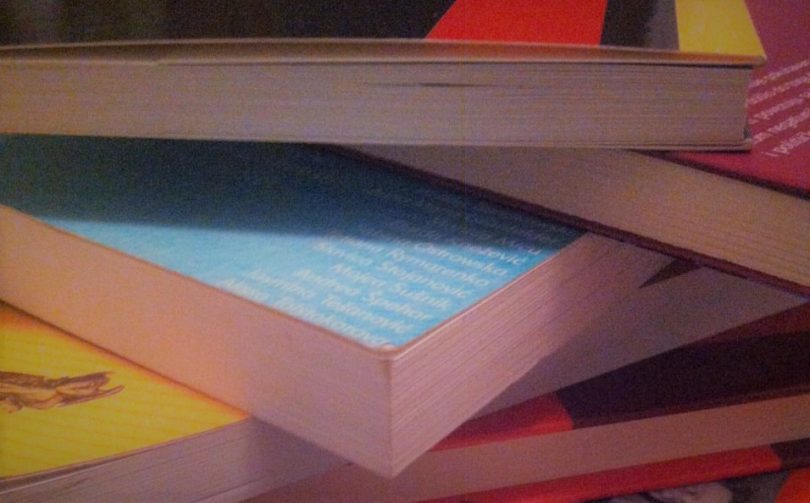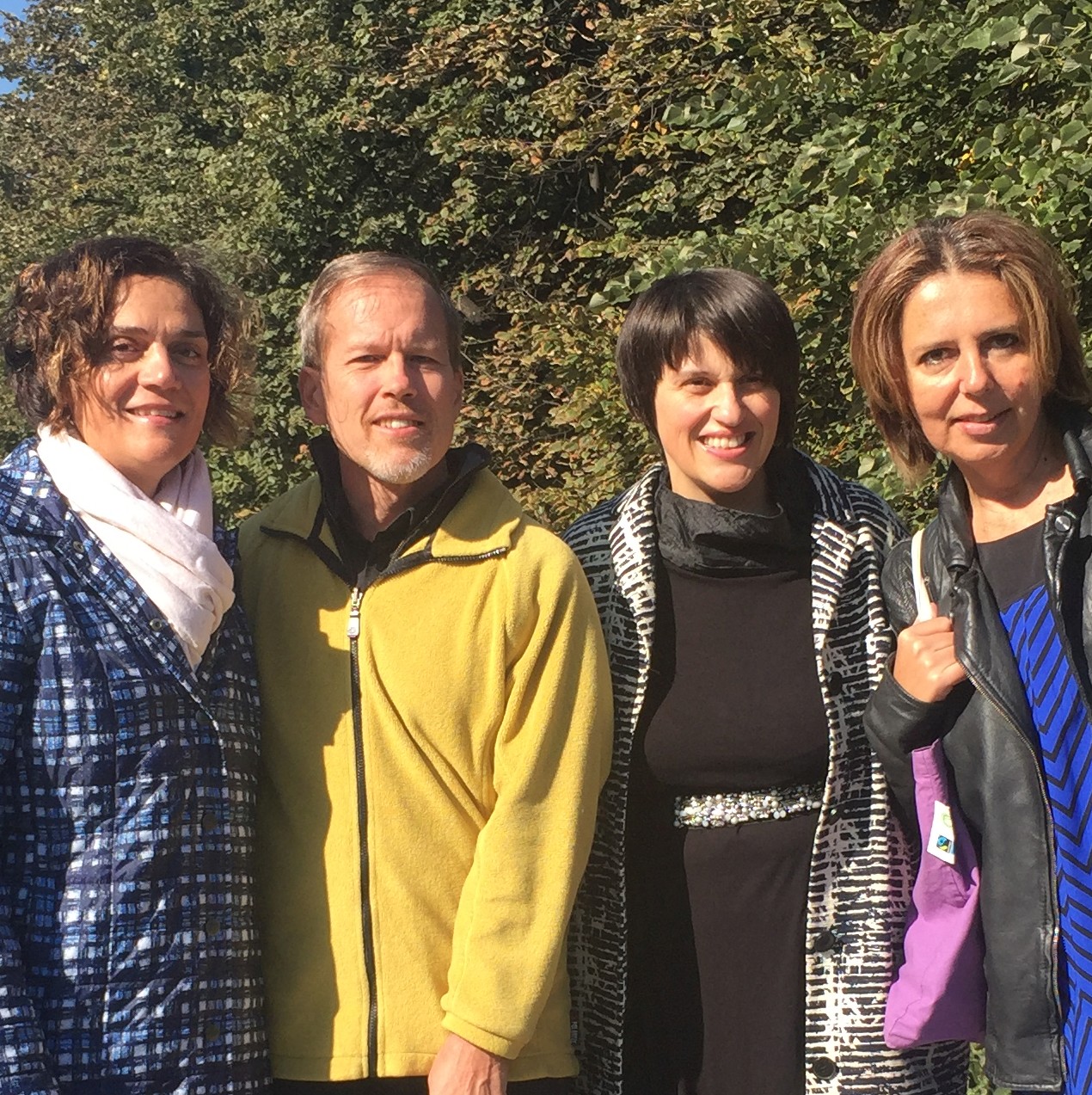Resisting Nationalism and Populism: Lessons from the case of Bosnia & Herzegovina
2020 International Summer Course in Critical Peace Studies
It's our pleasure to inform you that we are organizing this course which offers an excellent opportunity for learning from almost 30 years of resistance to nationalist populism in Bosnia & Herzegovina. This focus includes the forms of everyday resistance and ‘hidden transcripts’, but also struggles to foster social movements and political alternatives. The course will also be offered as an online course given present uncertainty regarding travel restrictions to Sarajevo.



